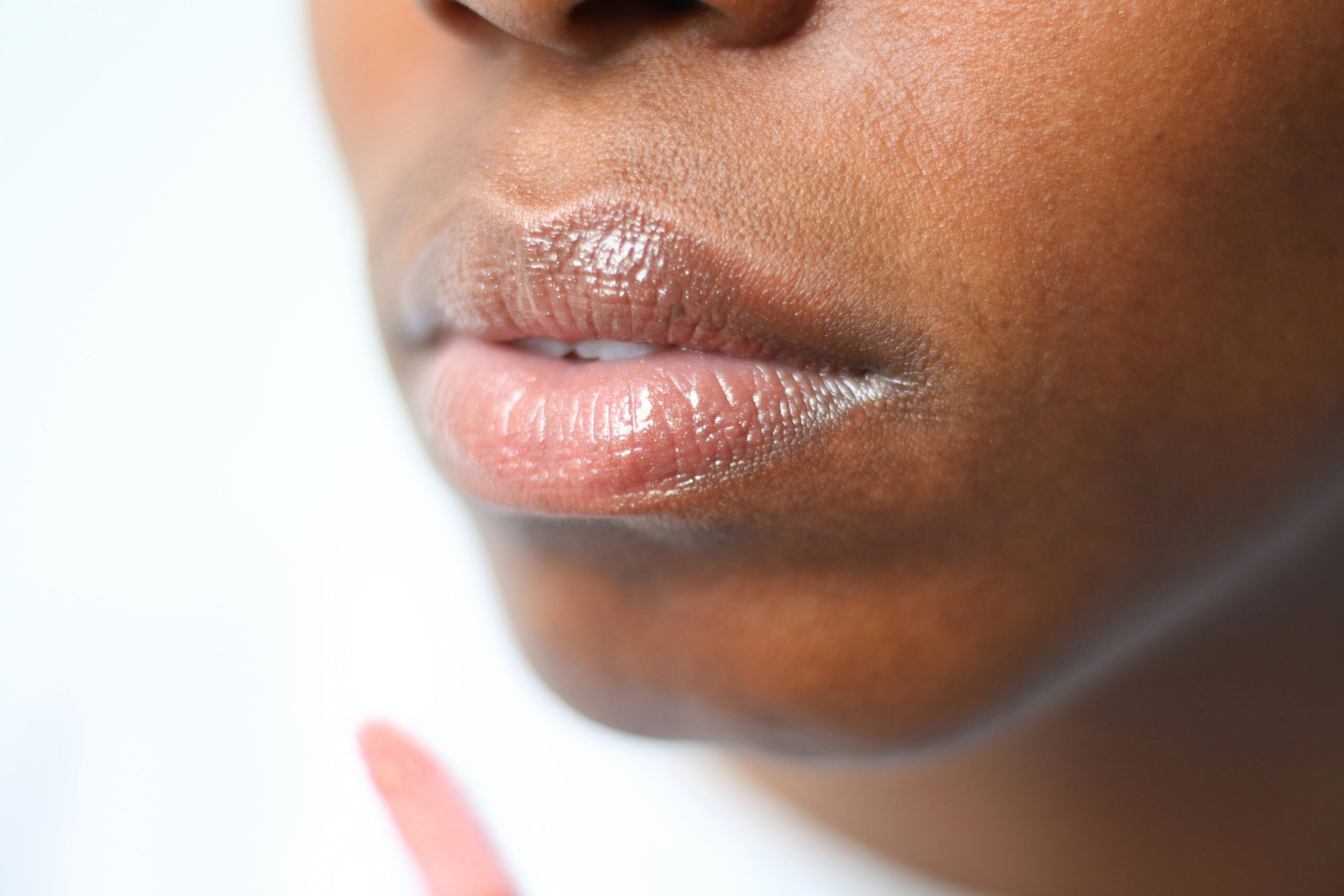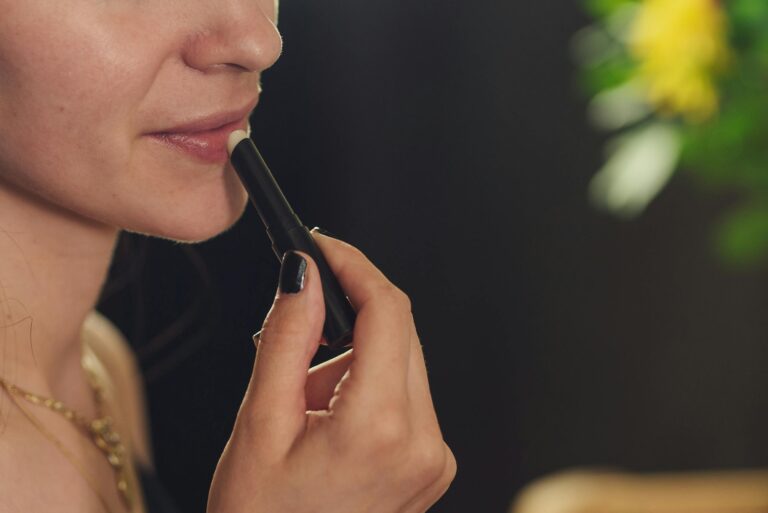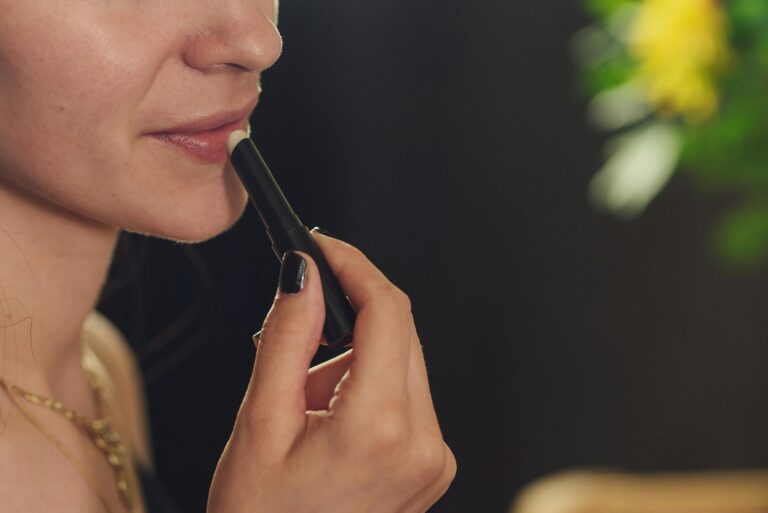Lips are one of the most delicate parts of our face, yet they often receive the least attention in our skincare routines. Unlike the rest of our skin, lips lack oil glands and are more susceptible to drying out and becoming chapped. Crafting a custom lip care routine tailored to your specific needs can make a significant difference in the health and appearance of your lips.
In this guide, we’ll walk you through the essential steps to creating a personalized lip care routine that keeps your lips looking and feeling their best.
1. Understand Your Lip Needs
Before you start creating your lip care routine, it’s crucial to understand what your lips need. Lips can vary greatly in their needs based on factors such as climate, lifestyle, and individual skin type. For instance, if you live in a dry, cold environment, your lips might be more prone to chapping and require extra hydration.
On the other hand, if you frequently wear matte lipsticks, your lips may need more exfoliation to prevent flaking. Identifying your specific lip concerns is the first step to customizing your routine effectively.
2. Exfoliate Regularly
Exfoliation is a key step in any lip care routine as it helps remove dead skin cells that can make your lips look dull and feel rough. Gently exfoliating your lips 1-2 times a week can keep them smooth and enhance the effectiveness of other lip products.
Use a lip scrub or a soft toothbrush to massage your lips in circular motions. Be careful not to over-exfoliate, as this can lead to irritation and increased dryness. Follow up with a hydrating lip balm to lock in moisture.
3. Hydrate and Protect
Hydration is essential for keeping lips soft and healthy. Unlike other skin areas, lips don’t produce natural oils, so they need external hydration. Apply a nourishing lip balm regularly throughout the day, especially after eating or drinking.
Look for balms with hydrating ingredients like shea butter, jojoba oil, and hyaluronic acid. Additionally, choose a lip balm with SPF to protect your lips from UV damage, which can cause premature aging and dryness.
4. Avoid Harmful Ingredients
Not all lip care products are created equal, and some contain ingredients that can actually harm your lips. Avoid products with harsh chemicals, fragrances, and flavorings that can cause irritation or allergic reactions.
Also, steer clear of balms with menthol, camphor, or phenol, which can provide a cooling sensation but ultimately dry out your lips further. Opt for natural or dermatologist-recommended products that are free of parabens, sulfates, and artificial colors.
5. Consider a Lip Mask
Using a lip mask into your routine can provide deep hydration and repair overnight. Lip masks are typically thicker than regular lip balms and are designed to be left on for an extended period, usually overnight.
These masks help to restore moisture, repair cracked lips, and enhance the softness of your lips. Apply a generous layer before bed to wake up with soft, supple lips. Look for masks that contain ingredients like honey, coconut oil, and peptides for maximum benefits.
6. Stay Hydrated from Within
Lip care isn’t just about what you apply externally; it’s also about your overall hydration levels. Drinking plenty of water is essential for maintaining soft and healthy lips.
Dehydration can cause lips to become dry and chapped, so aim to drink at least eight glasses of water a day. Additionally, consuming a diet rich in vitamins and minerals, particularly vitamin E and C, can help keep your lips nourished from the inside out.
7. Tailor Your Routine to the Seasons
Your lip care routine should be flexible and adapt to the changing seasons. During colder months, when the air is dry and harsh, focus on providing extra moisture and protection to your lips.
In warmer months, you may need a lighter routine but with added emphasis on sun protection. Adjusting your lip care routine to suit the season will help keep your lips healthy and prevent common issues like chapping or sunburn.
Conclusion
Creating a custom lip care routine is a simple yet effective way to maintain soft, smooth, and healthy lips. By understanding your specific lip needs, exfoliating regularly, hydrating, avoiding harmful ingredients, and considering seasonal adjustments, you can build a routine that works best for you. Remember, consistency is key. With regular care and attention, you can achieve and maintain beautiful, kissable lips year-round.
Frequently Asked Questions (FAQs)
1. How often should I exfoliate my lips?
It’s generally recommended to exfoliate your lips 1-2 times a week. Over-exfoliating can cause irritation and dryness, so it’s best to keep it to a minimum and always follow up with a hydrating lip balm.
2. Can I use the same lip balm year-round?
While you can use the same lip balm year-round, it’s often helpful to switch products based on the season. In colder months, opt for a thicker, more hydrating balm. In warmer months, choose a lighter balm with added SPF protection.
3. What ingredients should I avoid in lip care products?
Avoid lip care products with harsh chemicals, fragrances, and flavorings. Ingredients like menthol, camphor, and phenol can dry out your lips. Instead, look for products with natural and nourishing ingredients like shea butter, jojoba oil, and beeswax.
4. Are lip masks necessary for healthy lips?
Lip masks aren’t necessary, but they can provide extra hydration and repair, especially if you have very dry or damaged lips. Using a lip mask once or twice a week can enhance your lip care routine and help maintain soft, supple lips.
5. How does staying hydrated affect my lips?
Staying hydrated is crucial for maintaining healthy lips. Dehydration can lead to dry, chapped lips, so drinking plenty of water throughout the day is essential. A balanced diet rich in vitamins and minerals also supports lip health.



